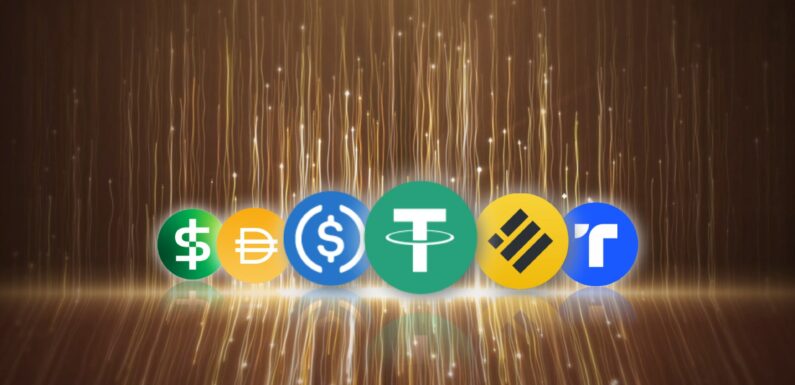
Three Republican lawmakers have accused the Federal Reserve of delaying the progress of the Stablecoin regulation bill. The three lawmakers, House Financial Services Committee Chair Patrick T. McHenry, R-N.C., Rep. Bill Huizenga, R-Mich., and Rep. French Hill, R-Ark., stated this in a letter to Fed Chair Jerome Powell.
The trio stated that by its decision to bolster its oversight of banks’ crypto and stablecoin ties, the Fed is sabotaging the progress of the bill to regulate stablecoins. They also said that this means the central bank is “effectively” preventing banks from issuing payment stablecoins.
“We are concerned that these actions are being taken to subvert progress made by Congress to establish a payment stablecoin regulatory regime. Moreover, if these letters are left in place, they will undoubtedly deter financial institutions from participating in the digital asset ecosystem,” they said.
The U.S lawmakers have called for regulation of stablecoins several times. The call came as a result of the collapse of TerraUSD, an algorithmic stablecoin that depegged from the USD last year. The call became louder due to the rapidly increasing popularity of stablecoins in the mainstream sector.
Earlier this year, lawmakers decided to pursue proper regulations to allow more entities to issue stablecoins. This is because stablecoins offer a faster, cheaper, and more secure way of making payments that the traditional payment methods don’t. However, it seems the Fed doesn’t approve of such a bill.
The Non Objection Process
The Fed established rules for banks looking to issue stablecoins earlier this year. In a letter SR 23-8, the central bank stated that banks looking to engage with stablecoins need to first of all have certain controls in place and get a “written notification of supervisory non objection from the Federal Reserve.”
In order to enhance its supervision of all banking organizations it oversees focusing on crypto, distributed ledger technology as well as “technology-driven partnerships with nonbanks to deliver financial services to customers,” the bank also launched the “Novel Activities Supervision Program,” SR 23-7.
The three lawmakers said that these actions were masked as regulatory, but were actually intended to stop any bank from issuing stablecoins.
“While the supervisory non objection process is masked as guidance outlining a process by which these activities can be permissible, it is clear the Fed does not intend to allow any such activity, at least as it relates to public, permissionless blockchains,” the lawmakers said.
Consequently, the lawmakers have asked the Fed to respond by September 29, on whether it plans to consult state banking regulators, especially those that allow certain payment stablecoin activities.
The Case for a Stablecoin Bill
The three lawmakers still stand by the idea of a stablecoin bill by congress as the best way to protect consumers and eliminate the uncertainty that currently bedevils the crypto industry.
“A regulatory framework established by Congress will better protect consumers and provide certainty to market participants. Yet, instead of working with Congress to establish a workable regime, less than two weeks after the Committee’s action, the Fed released SR 23-7 and SR 23-8,” the letter further stated.
It is because of the regulatory uncertainty that crypto exchanges Binance and Coinbase are in court currently on allegations of trading in “unregistered securities”, when regulators don’t have a clear definition for what securities are.



